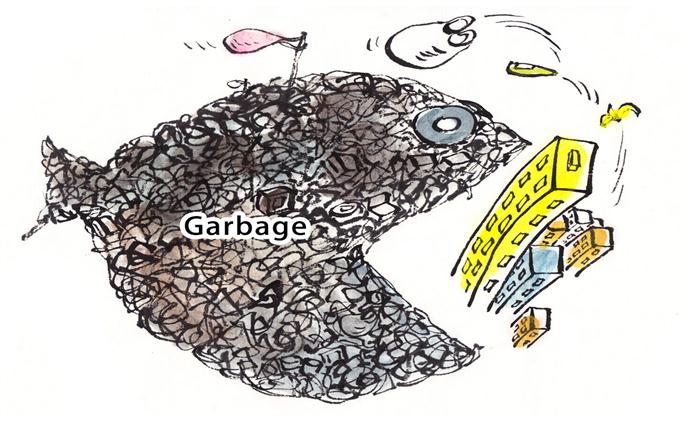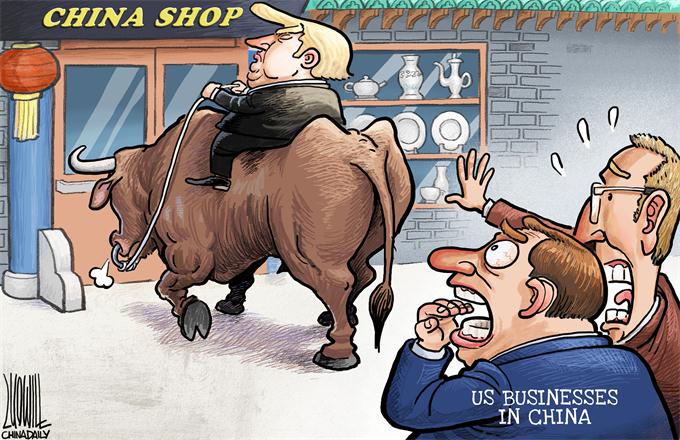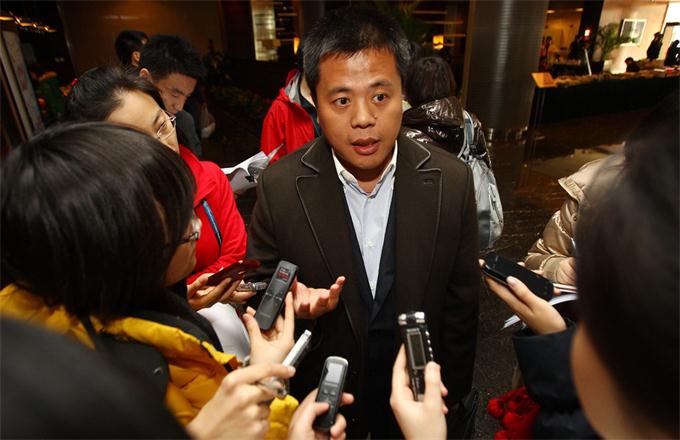Open, frequent exchanges for better UK ties
As the British and Chinese governments concluded their latest strategic dialogue on Dec 20, with both sides reaffirming their commitment to a Sino-British "golden era" amid the uncertainty created by Brexit, the world today looks very different from October 2015, when President Xi Jinping paid a high-profile state visit to the United Kingdom.
The first challenge 2016 brought to UK-China ties is Brexit, which will require the UK to develop its China policy without the benefits of a multi-layered approach where objectives were pursued both bilaterally and with the support of the more influential European Union. The UK will therefore find itself on the spot more with respect to China, whether on human rights or trade policy. This might also create opportunities for Beijing.
Most attention has focused on a free trade agreement, with business voices expressing support for such a move. However, caution is in order.
An agreement which is good for the UK will involve much greater access to China's service sector, but it is not yet clear whether China is prepared to grant that. Besides, as many have pointed out, depending on the content, a UK-China agreement could constrain London in reaching an all-important future trade agreement with Brussels. Nor is it clear that it would push the EU toward its own free trade agreement with China, as Beijing might hope.
The second major factor which will hang over the agenda is uncertainty over the impact of a Donald Trump presidency in the United States. Although it is still too early to judge what strategic direction Trump will take, judging by his critical tone on the campaign trail, there is a good chance he will take a tougher line on China than his predecessor Barack Obama. We can expect more uncertain times.
This is not good for Europeans, who anyway are wary of the next US president. Greater uncertainty and friction in US-China relations tend to heighten tensions in the Asia-Pacific region, making the regional prosperity and stability, which contribute to Europe's economic security, more difficult to achieve.



















